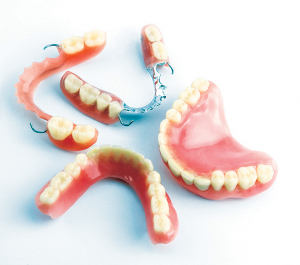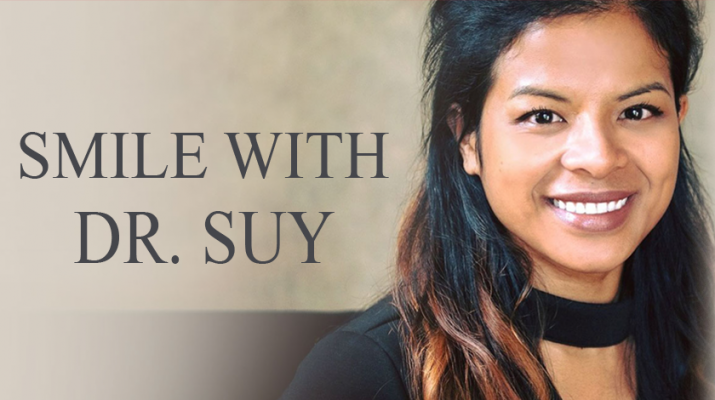By Dr. Salina Suy
 Editor’s note: This is another segment in a continuing series titled “Defining Dentistry,” designed to enlighten readers on various components of dentistry.
Editor’s note: This is another segment in a continuing series titled “Defining Dentistry,” designed to enlighten readers on various components of dentistry.
Happy New Year Mohawk Valley!
My wish for everyone is that this year brings good health, great adventure and plenty of reasons to smile!
I love January because it is right after the holidays and that means it’s my birthday month!
Who else loves birthdays?
I hope you have been enjoying the “Defining Dentistry” series. I have been enjoying writing columns and all the great interaction I get to have with all of my readers.
I am so happy readers have been enjoying the topic of dental medicine. Education is key to understanding this interesting aspect of medicine.
This month, I want to explore the key aspects of dental dentures. I am sure you have seen or heard of dentures before, maybe from TV or you know someone who has them. We all have a general idea of what we think dentures could be or could be like. One thing is for sure: Dentures have been used in dentistry for centuries and now with new technology, dentures can be better than ever. There is a lot more to dentures than you think. You can use Schoettger Orthodontics and the advice of experts to know more on what needs to be done.
Dentures are defined as a removable plate or frame holding one or more artificial teeth. You may need a denture if you have lost one of more teeth or you need temporary teeth while you are waiting for other dental work.
There are many reasons why a patient may lose all or some of their teeth.
Some reasons include trauma (i.e. blunt kick, car accident), decay (i.e. from cavities, drug usage, lack of dental hygiene), erosion (i.e. acid reflux, bulimia) and many individual scenarios that result in the need for a denture. Once you are examined by your dentist, you will decide if teeth are worth saving or not and what different options you have.
Dentures come in many forms and many different materials. They can replace one tooth and up to a full mouth of teeth.
Filling the gaps
Dentures not replacing a full mouth are considered partial dentures. Varying denture base materials include plain acrylic, flex acrylic, acrylic with full metal base, acrylic with flexible wire, acrylic with Ultaire™ (polymer) and many more depending on where your dentures are being made.
Denture teeth are typically resin or porcelain. Your denture will be variable depending on your doctor’s prescription for you individually and their lab fabrication.
Dentures are a great viable treatment option for patients, although dentures will not be exactly like your real teeth. They can restore chewing functions, pretty smiles and increase your quality of life.
The upside to dentures is they can restore your whole mouth, are affordable, are modifiable and require no surgery after initial extractions. The downside to dentures is the bite force is much lower than real teeth and they cause the jaw bone to resorb over time since the pressure of the teeth are now on the tissue and bone.
The alternative to pressure on the bone is to place pressure on dental implants. If a patient wants more stability to his or her denture, they can have implants placed that act as anchors for their denture. With an implant-retained denture, dentists are seeing a huge change of quality of life for denture patients.
I hope this helped you understand dentures a little more.
Dentures can happen for many reasons and it is not a shameful thing for someone to have a denture. Many of my denture patients have their own story to tell and I am so happy to restore their smile.
All dentures can be a great treatment; it just depends on what is right for you.
Thank you for reading the article and taking the time to learn something new today. I would love to hear some topic ideas from readers, so feel free to email me them.

